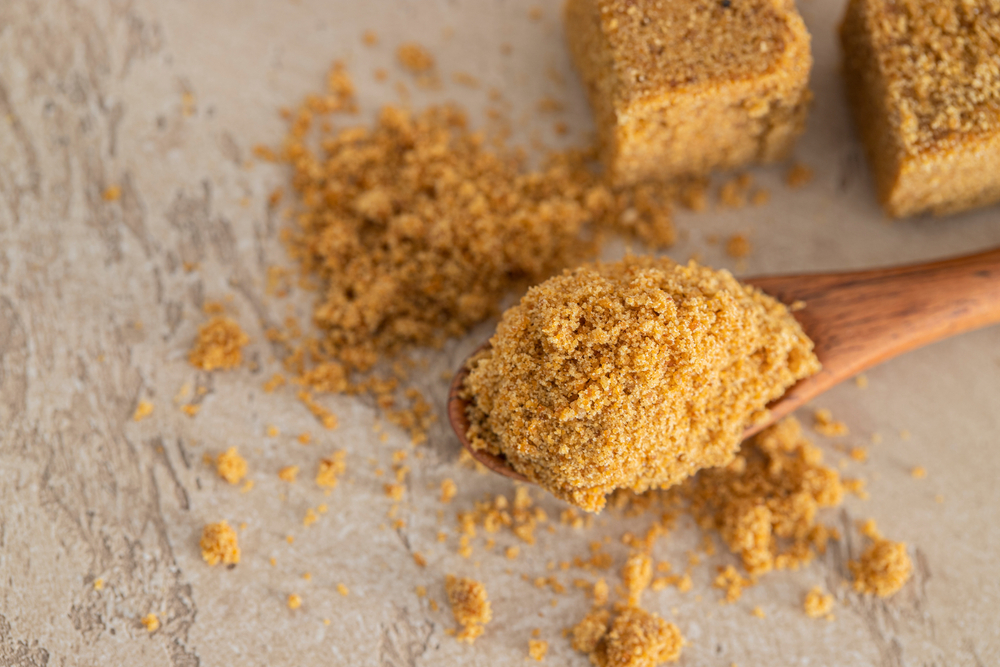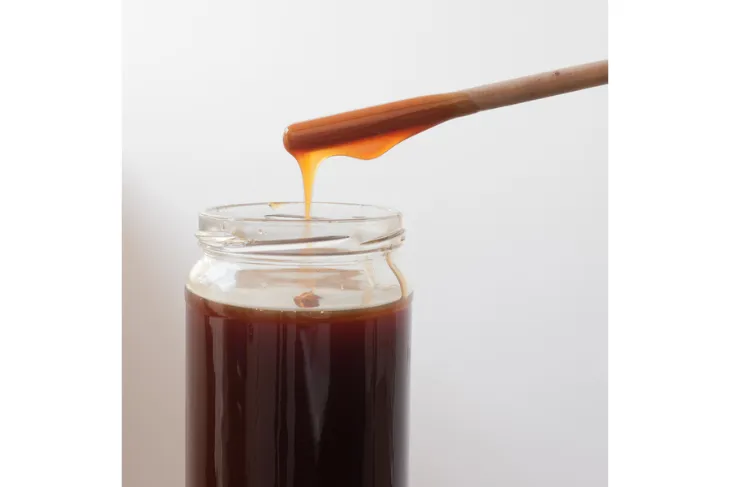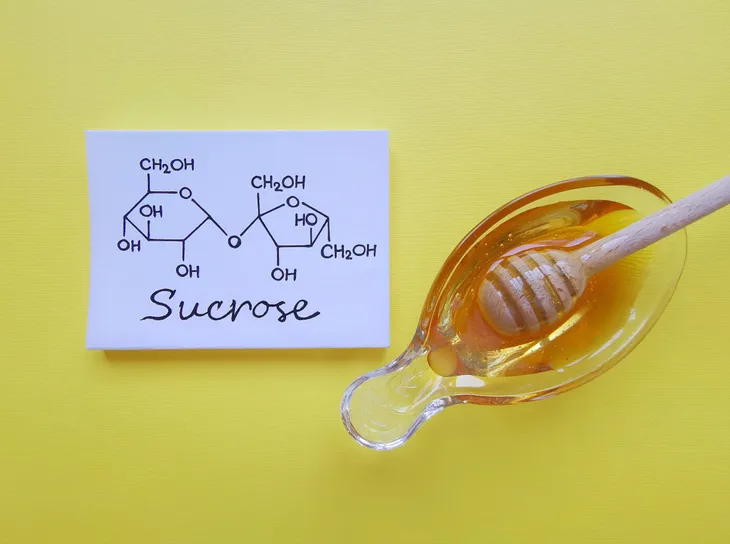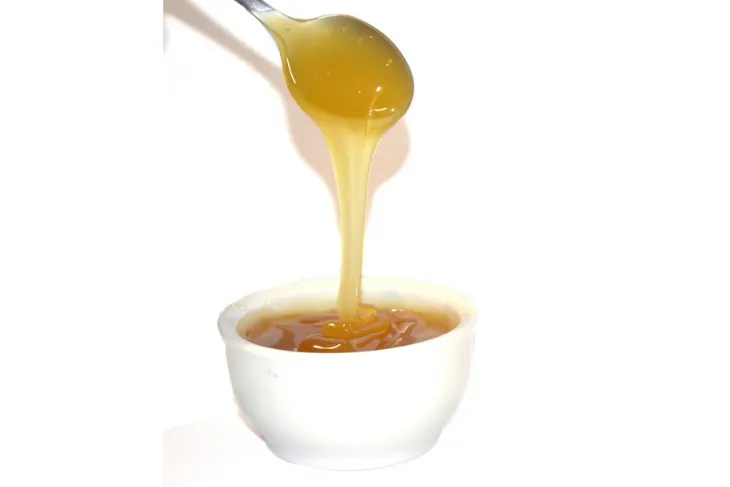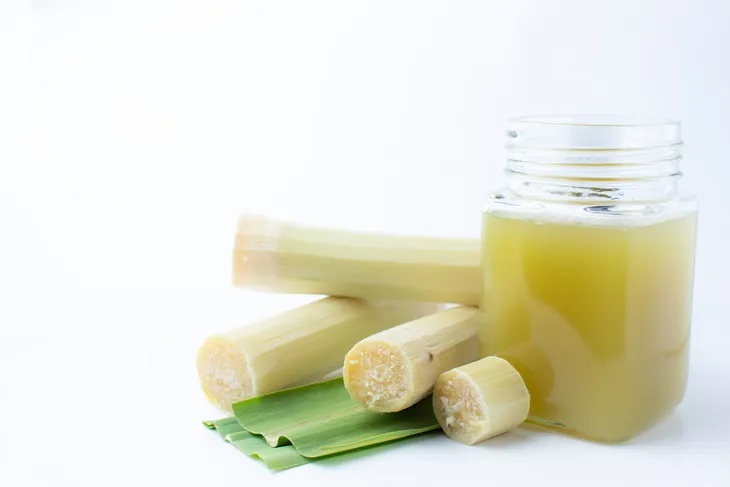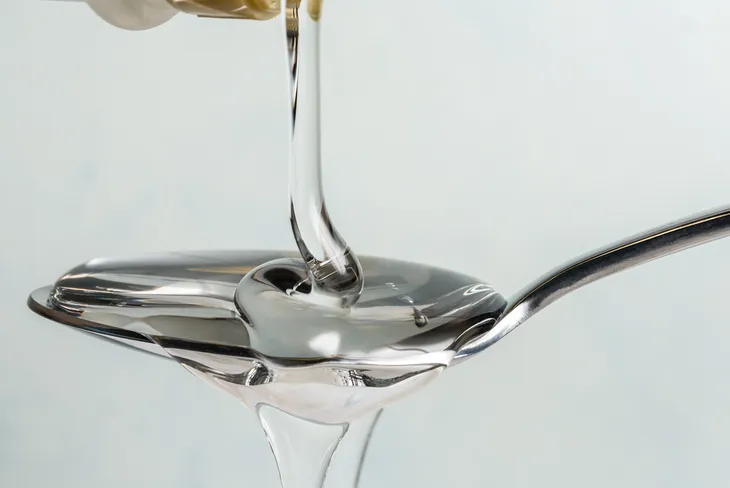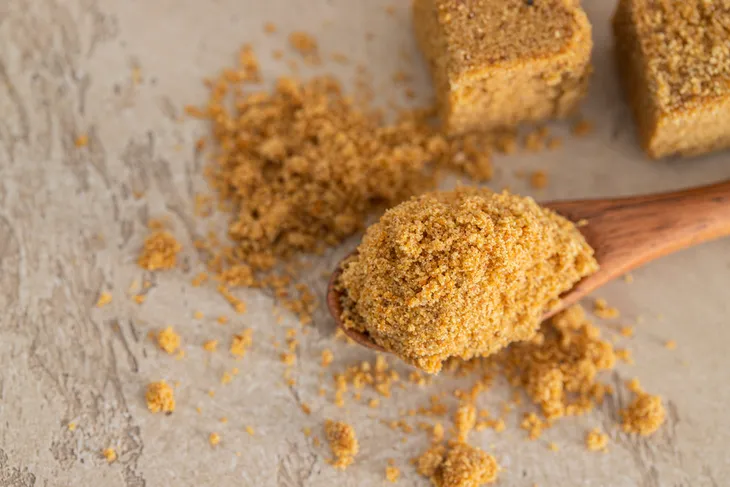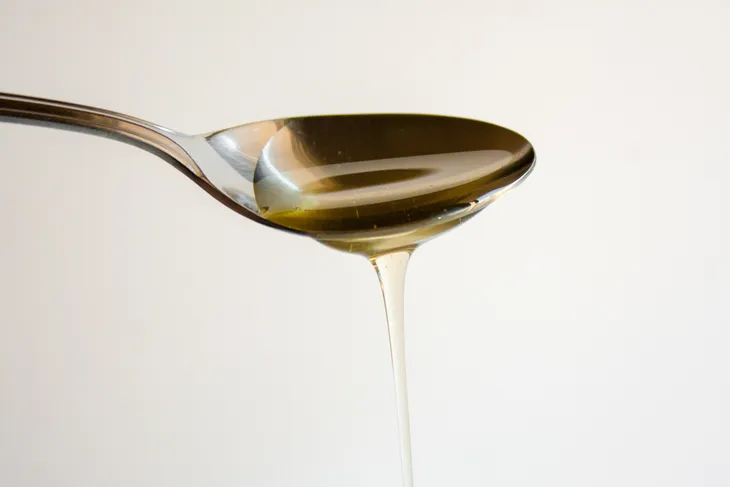So you’re trying to cut down on your sugar intake? But are you limiting your head shaking to the white, granular type only? What I mean is that sugar comes in quite a few forms. In fact; you’ll find it in most processed and packaged foods under sneaky aliases that don’t even sound unhealthy.
Here are 10 sweet and sneaky sugar pseudonyms that you should look out for…
Barley Malt
Barley malt syrup is a sweetener derived from sprouted, malted barley. The malt is actually made up of maltose, complex carbohydrates, and a wee bit of protein that forms a dark brown, sticky, thick syrup with a strong malty flavor. It’s used in a ton of packaged foods—like cereal bars—as a sweetener and binder.
Sucrose
Sucrose is lurking in most processed and boxed foods, like cereals. It’s made up of a mix of glucose (starch) and fructose (sweetness). The problem is that while sucrose might seem a healthier, low calorie substitute to white sugar, the fructose within is metabolized by your liver, and too much can result in liver fatigue.
Non-Diastatic Malt
Non-diastatic malt is a type of malt powder that’s blended with maltodextrin as a sweetener. A heaping teaspoon of non-diastatic malt contains roughly 15 calories—so it’s on par with regular white sugar.
It’s mostly added to baked goods for natural sweetness and that brown and shiny outer layer on cookies, bagels, and breads.
Brown Rice Syrup
A name like brown rice syrup can be misleading healthwise—especially when it’s touted by natural food providers as a “healthier” alternative to sugar.
However, studies have found high levels of arsenic (a cancer causer) in processed foods made with brown rice syrup, like energy bars and granola.
Evaporated Cane Juice
Evaporated cane juice is little more than a fancy moniker name for sugar, masked as healthy juice. But it’s far from healthy. In fact, even though it sounds so, evaporated cane juice isn’t liquid at all.
It’s actually made up of coarse, brown crystals used to sweeten yogurt, fruit juices, and cereal bars.
High Fructose Corn Syrup
Recent studies have done their part to link high fructose corn syrup to obesity and diabetes. It’s actually derived from genetically modified cornstarch, which makes it similar to sucrose.
However, scientific studies show that it causes a higher blood fructose level spike, which explains its link to diabetes.
Panocha
Panocha is an unrefined, coarse grade sugar from Mexico, which gets its name from the traditional cone used to produce the sugar into mini funnel shapes.
Sometimes panocha is labeled as panela or piloncillo on the candy packages it appears in. It’s most commonly used to make packaged fudge.
Agave Nectar
Agave nectar is often mistaken as a natural sugar, when in fact it’s higher in fructose than cane sugar and contains virtually zero vitamins and nutrients even though it’s derived from a cactus.
Often found in packaged baked goods labeled “all natural”, agave nectar causes a less drastic spike in blood sugar compared to other sweeteners.
Sorghum Syrup
Sorghum syrup is an amber-colored sweetener extracted from sorghum cane to create a mild, sweet syrup that’s similar to molasses. It’s often used like maple syrup, as a topping for pancakes, waffles, and oats, or used as a sweetener in baked goods.
Fruit Juice Concentrate
Regardless of how it sounds, that fruit juice concentrate in your apple, grape, or cranberry cocktail is not good for you. It’s made by removing water from real fruit juice, leaving only the sugar, but no nutrients behind.

